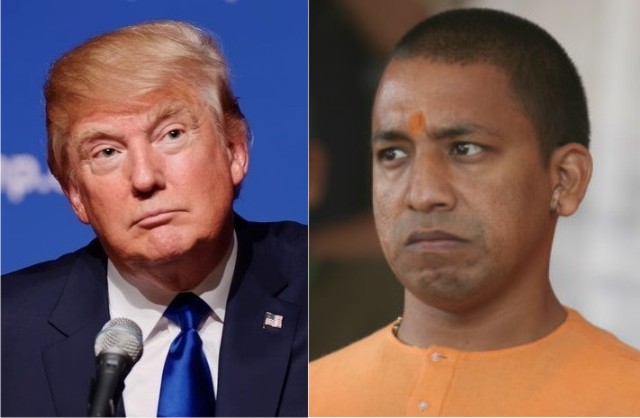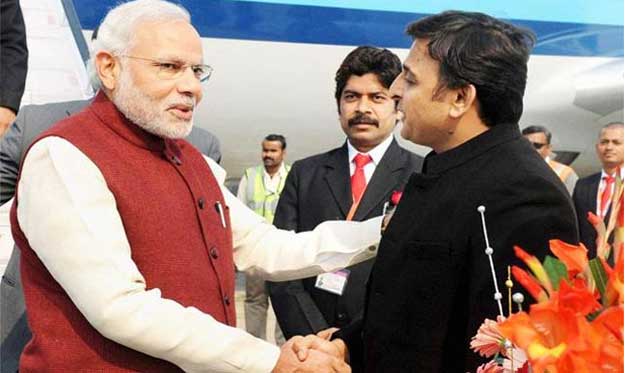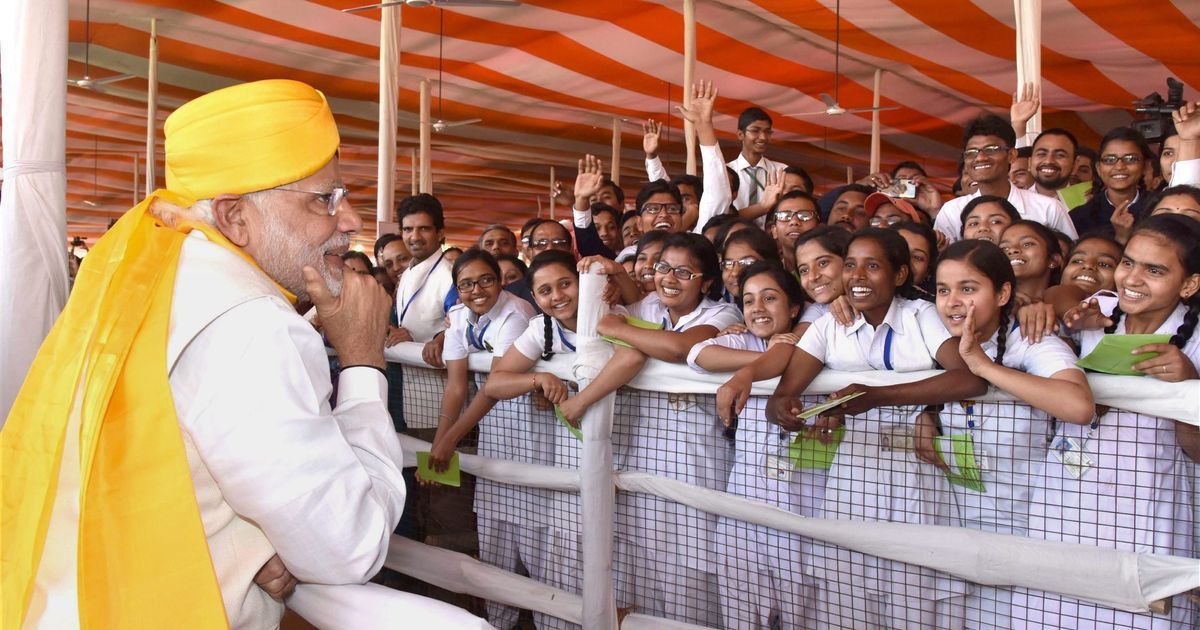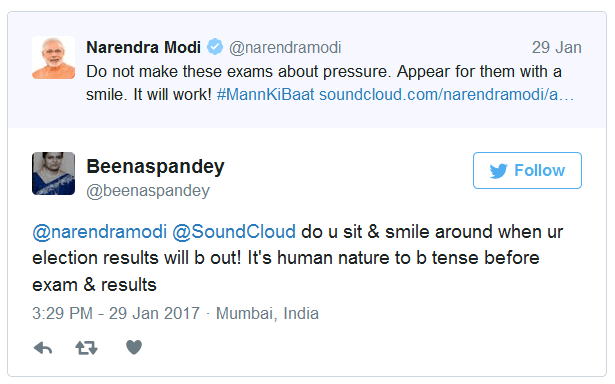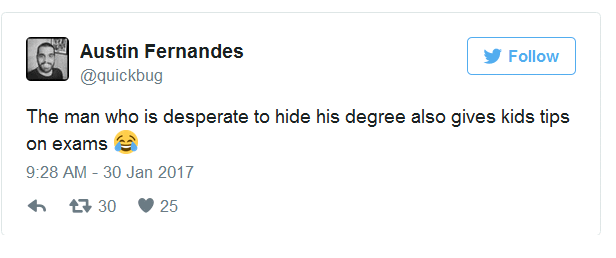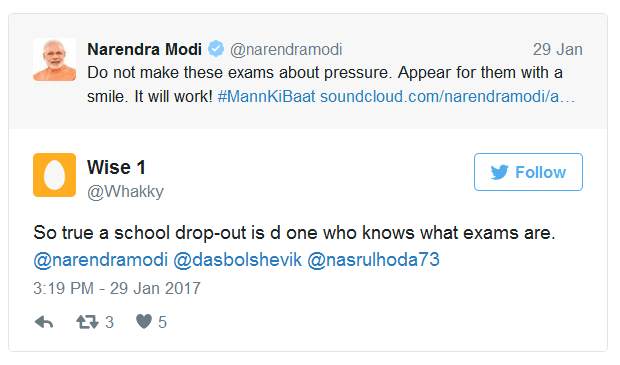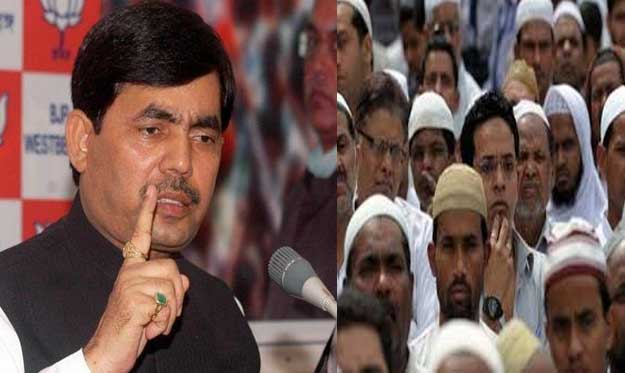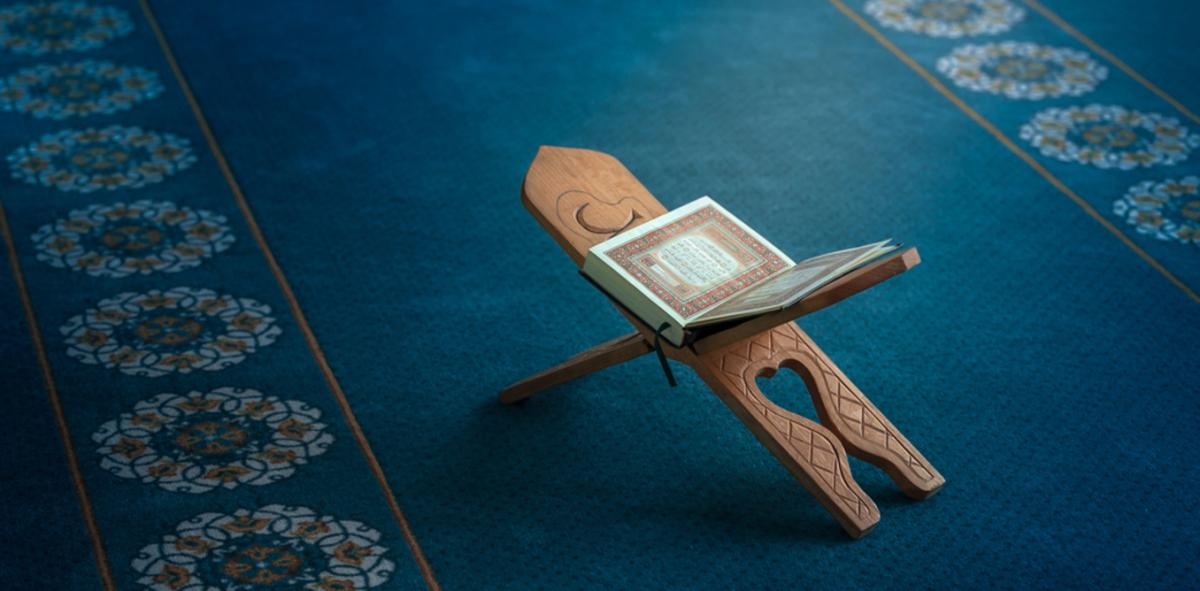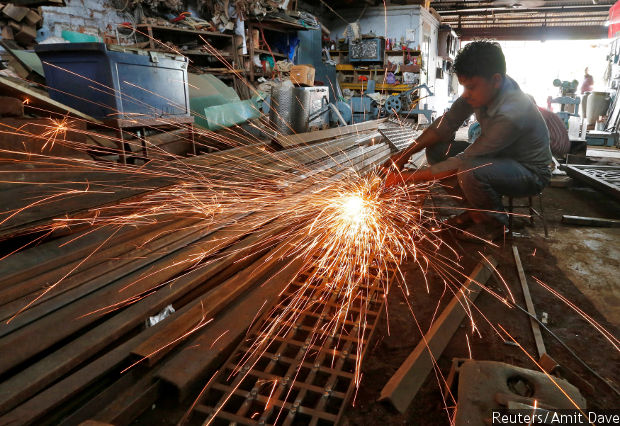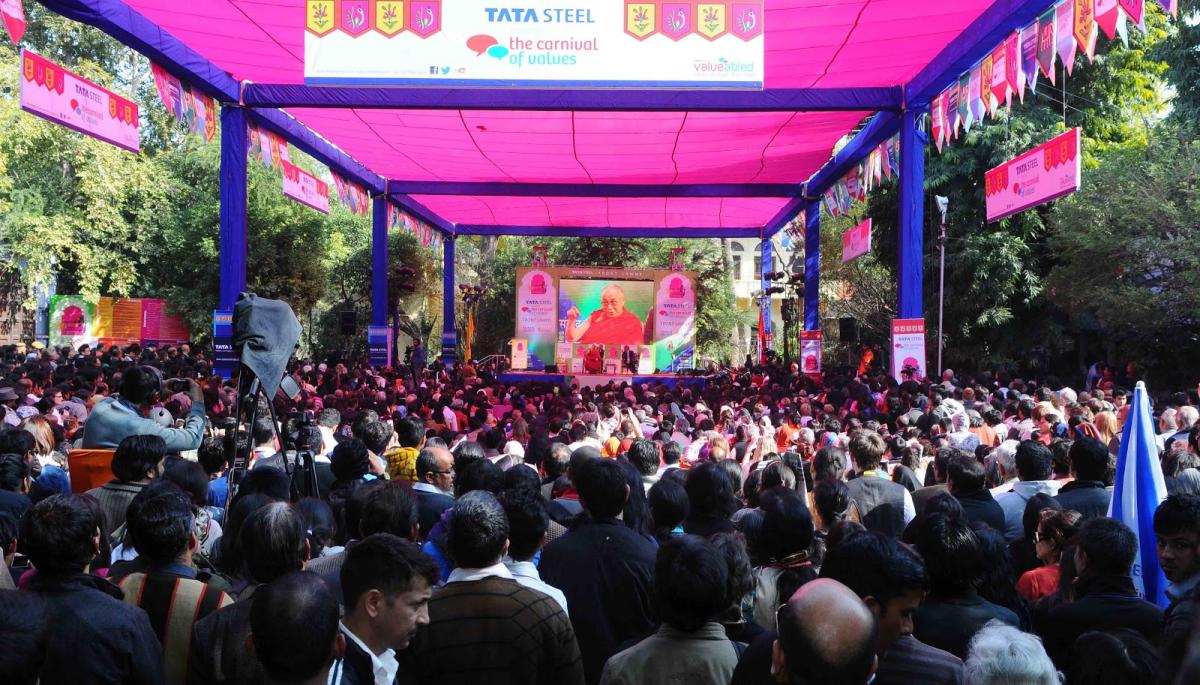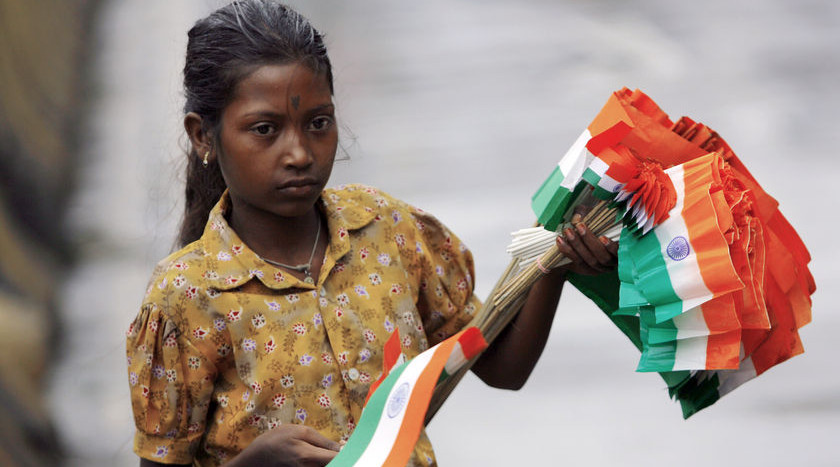Since both Trump and Modi excite hearts rather than minds, they ought to be invited to the next Jaipur Literature Festival
A Jaipur Literary Festival audience
It was yet another victory for Trump. The reports of America’s decline are exaggerated. The Jaipur Literature Festival (JLF) proved it. POTUS – President of the United States – matters. Donald Trump got mentioned in several sessions. Hovering as a spectre over a literary festival in a distant land is a great achievement, beyond the President of Mongolia and the Supreme Leader of North Korea.If Donald Trump did not tweet about the Jaipur Literature Festival, it was because he was too busy with his inauguration. India got ignored because the good women of this civilisation did not join the international march against the new POTUS.
At JLF, all references to Trump were critical and every scathing remark about him was greeted with derisive laughter by the audience. But Trump derives oxygen of publicity from critical comments. These energise his cultish constituency. His fans, like the devotees of all cult heads, are ever ready with an abusive and intimidating response to the leader’s critics. A quick response team goes into battle on the social media.
Soon after moving into the White House, Trump phoned the Indian Prime Minister Narendra Modi, a fellow populist leader, and invited him to visit the White House. Trump could hardly complain to Modi against those in Jaipur who misjudged him. They were mainly Americans, Britons and Non Resident Indians.
A big nuisance
Political leaders get implicated in literary conversations because the ills of the world are felt most acutely by the sensitive souls. Poets and playwrights spot the emerging dystopia even while politicians falsify a given situation as per their set partisan agenda. That is why the politicians in power consider the writers and poets to be a big nuisance.
A democratic leader lets the writers speak even if she is unable to build a nation of their dreams. Another kind of leader, whether elected or unelected, unleashes on writers and other dissenters either the oppressive state machinery or his party’s storm-troopers. The use of the non-state actors is a preferred option because it protects his own “democratic” credentials and no questions are asked by some US-based Freedom Forum established during the cold war.
The prominent Indian writers who had retuned their awards protesting against rising intolerance and intimidation of writers and rationalists were not invited to the Jaipur Literature Festival this time but some of those who came pointed a finger at the ills afflicting the contemporary India. A famous poet from the Hindi film world “barked” and celebrated his “freedom to bark”. So what if he cannot bite he said, acknowledging the failure of poetry to influence politics! He knows we are not in the romantic age and poets are no longer unacknowledged legislators of the world. Hovering as a spectre over a literary festival in a distant land is a great achievement, beyond the President of Mongolia and the Supreme Leader of North Korea.
“Terrible inauguration”
The attack on Trump began at the opening session of the festival. American poet-performer Anne Waldman, in her keynote address, referred to the “terrible inauguration” in Washington DC. She went further than Meryl Streep, shouting in solidarity with her sisters, daughters, children and all women marching towards Washington to protest against the impending inauguration of Trump as President.
Anne Waldman reading, 2015. Flickr/kellywritershouse
That was just the beginning. Trump kept coming in for dishonourable mention and those making snide remarks included eminent speakers and moderators. A British writer said he would not even utter the name of the new American President. He didn’t have to. American writer Paul Beatty went further in an interview saying there is a reason that people picked this guy (Trump). “He is an apparition, but he is both real and unreal, and people see something in him.”
A Jaipur newspaper quoted a state minister belonging to Modi’s party. The eight-column headline said “PM Modi has some divine power: Kataria”. No devotee of Trump has gone that far.
Another English daily carried a long opinion piece arguing that both Modi and Trump are textbook populists. The writer said that Modi matched all the characteristics of a populist leader as defined by Princeton Professor Jan-Werner Muller in his book “What is Populism?”
Both leaders are polarising figures and both do not sit idle for a moment. They tweet and they tweet. They are not afraid of making politically incorrect remarks and very simple statements. They take on the elites fond of articulating complex thoughts. Modi and Trump know what an American columnist said: In tough times, people want someone who can make a compelling pitch and inspire a sense of urgency. Integrity and intelligence are not what the voters are after.
Apart from the stray comments by individual speakers, the entire final session of the festival referred to Trump as it was titled: “Debate: We are living in a Post-Truth World”. It was a topical subject but the debate only proved what some writers have been saying: “There is no space left for a real public discourse.”
The organisers had framed the issue mainly in the context of Trump and Brexit since lies were used in the two campaigns. As the debate progressed, the spectre of Narendra Modi came to haunt it. Since Prime Minister Modi has been blamed for not being truthful while electioneering and while selling his demonetisation decision, his supporters suspect words such as “Post-Truth World”.
In India, the list of “provocative” words keeps expanding. Politicians hijack words and phrases to make them seductive or repellent. The frame of reference matters. In contemporary India, anyone uttering the words “intolerant” or “inclusive” or “secular” is branded as a critic of Modi.
Slippery slope
Trump is cited most by those commenting on the post-truth world. Of course, the argument about the rise of passion as the prime instrument of winning power has been validated in the recent years in India, America and Europe.
Thus the debate in the JLF reflected the polarisation between the supporters of Modi who saw the slippery slope. If you light a verbal fire around Trump, it will soon reach Modi, they feared. And it did. One speaker devalued the very term “post-truth”. He detected in it a conspiracy by the liberal media. He told the British critics that what Trump does is not their business. He wanted the audience to pay respect to the wise voters of America. He pointed out with satisfaction that women of India did not join the global protest against Trump! He was not upset by the attack on a fellow journalist launched by Trump at his press conference.
Since the expression “post-truth” is not as simple as “lies”, there was considerable scope for philosophical musings. What is truth, it was asked and no one was prepared to wait for an answer. The meditation on the nature of the truth involved words such as “my truth”, “your truth”. A writer found it necessary to quote Yeats: “The best lack all conviction, while the worst are full of passionate intensity.”
In a literary festival, Trump could have even been lauded for his power of imagination and for creating fiction to fight a political battle! Emotion-based politics is closer to literature than fact-based rhetoric. A professor of literature would say that literature is important precisely because it is not bound by facts. “It is important because it is not bound up in issues of law, science, medicine or business.”
Entering the Jaipur Literary Festival.Manish Swarup/Press Association.
It is said that one can gain more understanding about the human heart from Shakespeare than from Freud. Myron Magnet asks in an essay: "Can anyone think that the studies of Margaret Mead or Alfred Kinsey tell us anything nearly as true as Ovid or Turgenev?"
Conclusion
Since both Trump and Modi excite hearts rather than minds, they ought to be invited to the next Jaipur Literature Festival. Modi’s book of poems could be among the scores of books that are released at JLF.
It will fit into JLF’s intellectual agenda since the organisers say that the festival should not just be a bubble in which the liberals talk to liberals. Going by this policy, this time they invited two leaders of the RSS, a right-wing cultural organisation that mentors the ruling party. Modi was groomed by the RSS from a young age.
Participation by Trump and Modi will fit into JLF’s commercial agenda also. It will gain significant sponsors as the American Embassy and the Indian Ministry of Finance.
If the Modi Government accepts the suggestion made at JLF by a noted TV journalist, it would set up a Ministry for History. That ministry could sponsor presentations by two non-Marxist historians. Like the truth, there is also “My History vs. Your History.” That may be a topic for the next JLF. Rival historians can then come and fight outside the Groves of Academe!
(L K Sharma has followed no profession other than journalism for more than four decades, covering criminals and prime ministers. Was the European Correspondent of The Times of India based in London for a decade. Reported for five years from Washington as the Foreign Editor of the Deccan Herald. Edited three volumes on innovations in India. He has completed a work of creative nonfiction on V. S. Naipaul).
This article was first published on openDemocracy.
